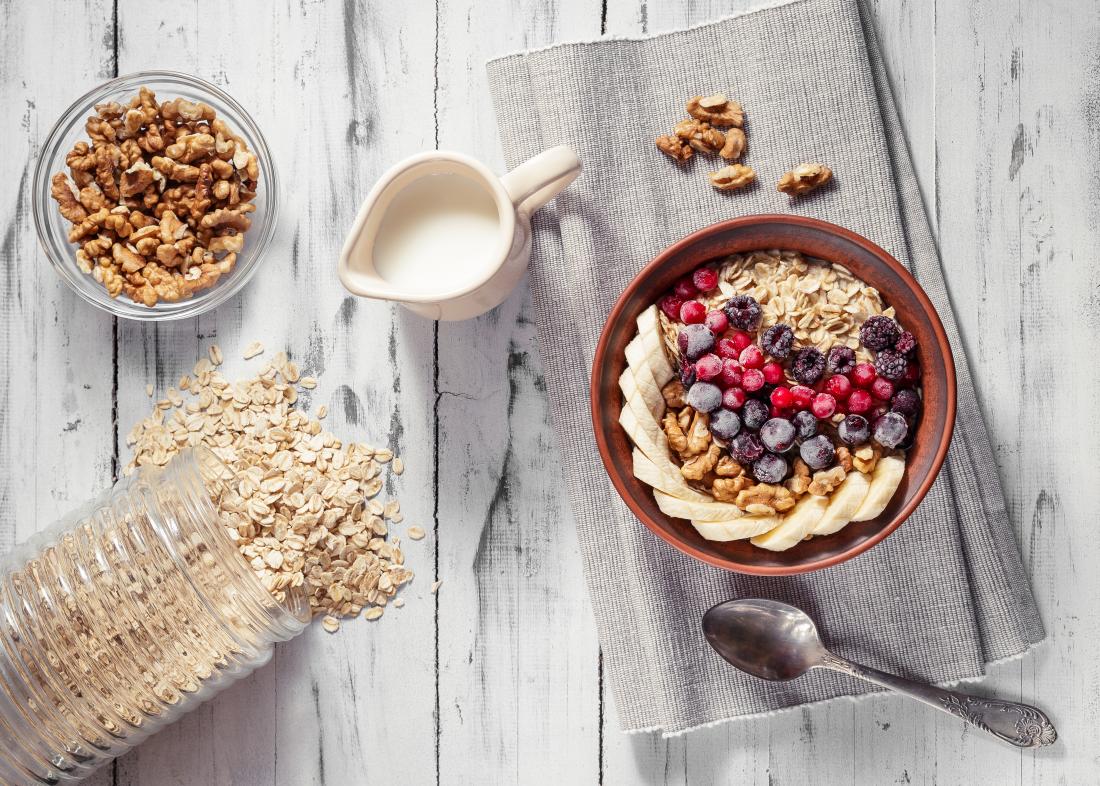What does healthy eating mean?

Healthy eating means eating a variety of foods that give you the nutrients you need to maintain your health, feel good, have energy and balanced diet. These nutrients include protein, carbohydrates, fat, water, vitamins, and minerals. Nutrition is important for everyone. When combined with being physically active and maintaining a healthy weight, eating well is an excellent way to help your body stay strong and healthy. If you have a history of breast cancer or are currently undergoing treatment, eating well is especially important for you. What you eat can affect your immune system, your mood, and your energy level.
8 Tips For Healthy Eating
These 8 practical tips cover the basics of healthy eating and can help you make healthier choices and have balanced diet.
Eating the appropriate number of calories for your level of activity will help you maintain a healthy diet by ensuring that your energy intake and expenditure are in balance.
If you eat or drink more than your body needs, you’ll put on weight because the energy you do not use is stored as fat. If you eat and drink too little, you’ll lose weight.
You should also eat a wide range of foods to make sure you’re getting a balanced diet and your body is receiving all the nutrients it needs.
Men should consume approximately 2,500 calories per day. A woman should consume about 2,000 calories each day.
Base your meals on higher fibre starchy carbohydrates
A little more than one-third of your balanced diet should consist of starchy carbs. Potatoes, bread, rice, pasta, and cereals are among them.
Select wholegrain or higher-fiber options, such as potatoes with their skins on, brown rice, or wholewheat pasta.
They might keep you feeling fuller for longer since they have more fiber than refined or white starchy carbohydrates.
With every main meal, try to incorporate at least one starchy food. Some people think starchy foods are fattening, but gram for gram the carbohydrate they contain provides fewer than half the calories of fat.
When preparing or serving these kinds of dishes, pay attention to the fats you add because that’s what raises the calorie count.
Eat lots of fruit and vegetables

It is advised that you consume five or more servings of a range of fruits and vegetables each day. They can be juiced, dried, frozen, canned, or fresh.
It’s not as hard as it sounds to get your five a day. Consider slicing a banana on top of your cereal for breakfast or replacing your typical mid-morning snack with some fresh fruit.
Eighty grams is a portion of fresh, frozen, or canned fruit and vegetables. 30g of dried fruit is a portion, which is best consumed during mealtimes.
A 150ml glass of fruit or vegetable juice, smoothie, or both counts as one serving; however, since these beverages are high in sugar and might harm your teeth, keep your intake to no more than one glass per day.
Eat more fish, including a portion of oily fish
Fish is high in vitamins and minerals and a wonderful source of protein.
Try to have two servings of fish every week, one of which should be oily.
Omega-3 fats, which are abundant in oily fish, may help stave off heart disease.
Oily fish include:
- salmon
- trout
- herring
- sardines
- pilchards
- mackerel
Non-oily fish include:
- haddock
- plaice
- coley
- cod
- tuna
- skate
- hake
You can choose from fresh, frozen and canned, but remember that canned and smoked fish can be high in salt.
Most people should be eating more fish, but there are recommended limits for some types of fish.
Cut down on saturated fat and sugar
Saturated fat
You need some fat in your diet, but it’s important to pay attention to the amount and type of fat you’re eating.
Saturated and unsaturated fats are the two main categories. An excessive amount of saturated fat raises blood cholesterol levels, which raises the risk of heart disease.
Men should consume no more than 30g of saturated fat per day on average. Women should consume no more than 20g of saturated fat per day on average.
Although children under the age of five should not have a low-fat diet, children under the age of eleven should consume less saturated fat than adults. Furthermore, it is advised to consume full-fat dairy products up until the age of two years old, including cheese, fromage frais, and yoghurt to have balanced diet.
Saturated fat is found in many foods, such as:
- fatty cuts of meat
- sausages
- butter
- hard cheese
- cream
- cakes
- biscuits
- lard
- pies
Aim to consume fewer foods high in saturated fat and more foods high in unsaturated fat, such as avocados, oily salmon, and vegetable oils and spreads.
Instead of butter, lard, or ghee, use a tiny quantity of vegetable or olive oil, or reduced-fat spread, for a healthier option.
When consuming beef, choose for lean cuts and trim off any fat that is readily apparent.
Since all forms of fat are high in calories, they ought to be consumed in moderation.
Sugar
Frequent use of sugar-rich foods and beverages raises your risk of tooth decay and obesity.
Sugar-filled meals and beverages provide a lot of energy (kilojoules, or calories), which can lead to weight gain if taken in excess. Moreover, they may lead to dental deterioration, particularly if consumed in between meals.
Any added sugars to food or beverages, as well as natural sugars found in honey, syrups, and unsweetened fruit juices and smoothies, are referred to as free sugars.
Rather than the sugar in fruit and milk, this is the kind of sugar you should be consuming less of.
Many packaged foods and drinks contain surprisingly high amounts of free sugars.
Free sugars are found in many foods, such as:
- sugary fizzy drinks
- sugary breakfast cereals
- cakes
- biscuits
- pastries and puddings
- sweets and chocolate
- alcoholic drinks
Labels on food can be useful. Utilize them to determine the sugar content of food items.
A food item is considered high in sugar if it contains more than 22.5g of total sugar per 100g, and low in sugar if it contains 5g or less.
Eat less salt: no more than 6g a day for adults

Blood pressure can increase if you eat too much salt. Heart disease and stroke are more common in people with high blood pressure.
You can be consuming too much food even if you don’t add salt to it.
About three-quarters of the salt you eat is already in the food when you buy it, such as breakfast cereals, soups, breads and sauces.
Utilize food labels as a means of reduction. More than 1.5g of salt per 100g means the food is high in salt.
A teaspoonful of salt, or 6g, is the maximum amount that adults and kids 11 years of age and older should consume each day. Even less should be provided for younger kids.
Get active and be a healthy weight
Exercise on a regular basis can help lower your risk of developing significant health disorders in addition to consuming a healthy diet. It’s crucial for your general health and wellbeing as well.
Being higherweight can lead to health conditions, such as type 2 diabetes, certain cancers, heart disease and stroke. Being underweight could also affect your health.
Most adults need to cut their calorie intake in order to lose weight.
Be more active and reduce your intake of food if you’re wanting to lose weight. You may stay at a healthy weight by eating a balanced, healthful diet.
Do not get thirsty
To prevent dehydration, you should consume a lot of water. It is advised by the government to consume six to eight cups daily. This is on top of the fluids you consume from your diet.
All non-alcoholic beverages are acceptable, but the healthiest options include water, milk with less fat, and drinks with less sugar, including tea and coffee.
Avoid sugar-filled soft drinks and carbonated drinks as they are heavy in calories. They harm your teeth as well.
Smoothies and unsweetened fruit juices are also heavy in free sugar.
You shouldn’t have more than 150ml (a tiny glass) of fruit, vegetable, or smoothie juice in total per day.
Recall to stay hydrated whether exercising or in hot temperatures.
Do not skip breakfast
Some people believe skipping breakfast may aid in their weight loss.
However, a nutritious breakfast that is low in fat, sugar, and salt and high in fiber can be a component of healthy eating and balanced diet and help you obtain the nutrients you require for optimal health.
Breakfast made with sliced fruit on top of semi-skimmed milk and wholegrain lower sugar cereal tastes good and is healthy.














Leave a comment